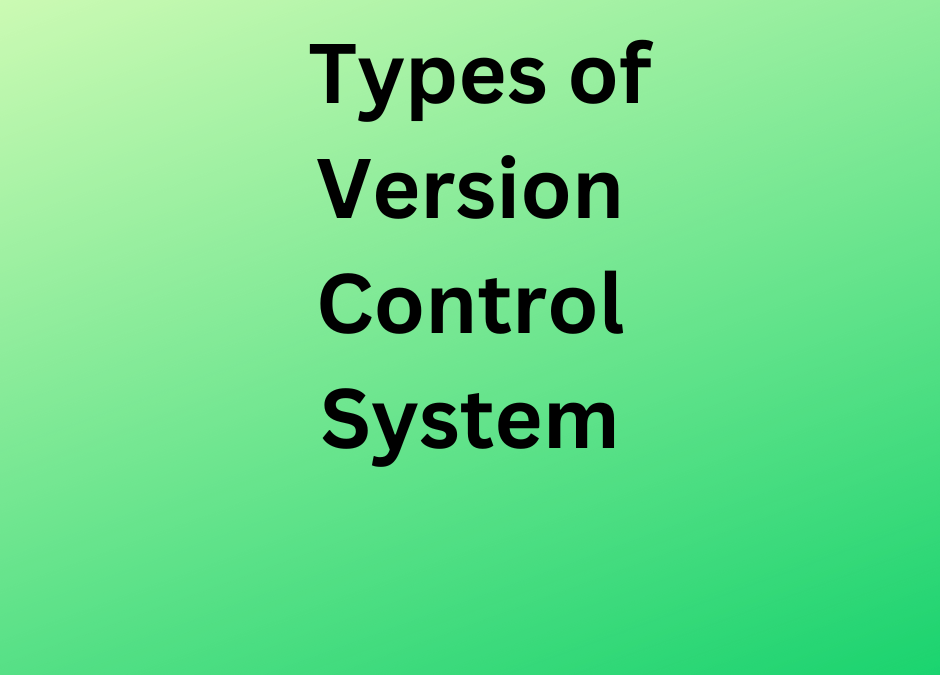In DevOps, version control systems are essential tools that help teams manage and track changes to source code and other artifacts. Here are some common types of version control systems used in DevOps:
- Git: Git is a distributed version control system that has gained immense popularity in recent years. It allows teams to track changes, collaborate on code, and easily manage branches and merges. Git offers a powerful set of features, including local branching, easy branching and merging, and support for both centralized and distributed workflows.
- Subversion (SVN): Subversion, also known as SVN, is a centralized version control system. It provides a centralized repository where developers can commit their changes and retrieve the latest versions. SVN supports features such as versioned directories, atomic commits, and file locking.
- Mercurial: Mercurial is another distributed version control system that focuses on simplicity and ease of use. It offers a similar set of features to Git, including branching, merging, and decentralized workflows. Mercurial is known for its intuitive command-line interface and straightforward configuration.
- Perforce: Perforce is a centralized version control system commonly used in large enterprise environments. It provides robust support for managing large codebases and binary files. Perforce offers features such as fine-grained access control, atomic commits, and support for distributed teams.
- Team Foundation Version Control (TFVC): TFVC is a centralized version control system that is part of Microsoft’s Team Foundation Server (TFS) and Azure DevOps. It offers features like branching, merging, and shelving, and integrates well with other Microsoft development tools.
- IBM Rational ClearCase: IBM Rational ClearCase is a centralized version control system that provides support for parallel development, branching, and merging. It offers features such as atomic commits, access control, and snapshot views for managing different versions of source code.
These are just a few examples of version control systems commonly used in DevOps. The choice of version control system depends on factors such as team size, project requirements, collaboration needs, and existing tooling and infrastructure.
DevOps training in coimbatore is a program or course designed to provide individuals with the knowledge and skills required to adopt and implement DevOps practices in software development and IT operations. DevOps is a set of principles, practices, and tools aimed at fostering collaboration and communication between software development teams and IT operations teams, with the goal of delivering software more rapidly, reliably, and efficiently.

